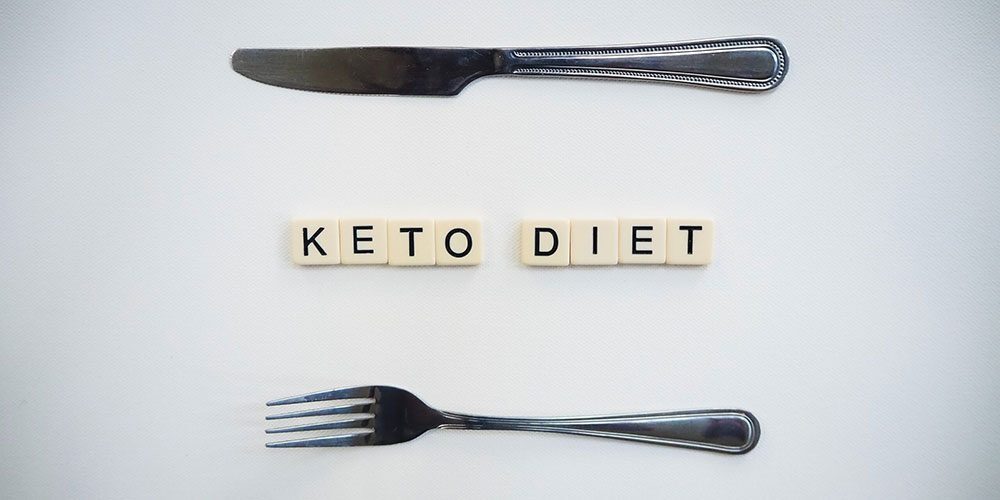Keto Diet: Great Way to Lose Weight or Dangerous Fad?

I am going to start this blog post by making a controversial statement: the keto diet is not the best way to lose weight. My goal here is to break down what makes it an effective weight loss strategy, but hopefully help you take away that there is no magic prescription for weight loss. Armed with information, you can decide if Keto is a weight loss tool you should add to your toolbelt (and, as always, consult with your doctor).
What is Key-Toe? It Sounds Gross.
Grossness is in the eye of the beholder. The ketogenic diet's premise is simple. It works by limiting carbohydrate intake to so low levels that the liver converts fat into fatty acids and ketone bodies—substances which then become the body’s main energy source instead of glucose from carbohydrates. This, in turn, causes a metabolic state called “ketosis," in which your body burns fat at a faster rate than it would if you were eating a normal diet.
This sounds misleadingly awesome: "Body burns fat faster?!!" Well, kind of. Let's break it down.
DJ, Break it Down
First and foremost, the Ketogenic diet is very high fat: over 70% fat, 20-25% protein, and less than 5% carbohydrate. There are other variations of diets that go low-carb but are not considered Keto because they have higher percentages of carbs and much higher percentages of protein. We'll talk about those later. Keto, however, means your levels of protein and carbohydrates are so low that your body is required to make ketones from fat to burn as energy.
The Pros
Here's what Keto offers: burning fat as fuel (aka, the fat you're consuming. Aren't bodies cool? They just take whatever we eat and use it for fuel), satiety benefits related to not having blood glucose spikes (no glucose, no spikes!), muscle-sparing, easy to conceptualize ("Oh, cut out carbs? Easy enough.") Keto is also proven to be advantageous for disease control specifically related to cancer, Alzheimer's, and epilepsy.
To get the full benefit of Keto, many people recommend pairing it with Intermittent Fasting so that your body burns not only consumed fat as fuel, but also your body's fat stores for fuel. I would like to note, however, that your body knows how to do this whether or not you are on a Keto diet.
The Cons
Here are some disadvantages: there is no difference between it and any other weight loss restriction eating. There is research to suggest it increases inflammatory risk and decreases energy levels. Plus, many nutritionists find it's not usually sustainable. (Sometimes, a girl wants a cookie!)
“It’s a Moo Point” -Joey Tribbiani
A study done at Arizona State University found that when comparing two groups of people adhering to a Keto diet (5% carbohydrate) versus a low-carb diet (40% carbohydrate) with the same intake of protein, the groups lost the same amount of weight!
Ultimately, we're calling Keto out. Ketosis sounds pretty cool and sciencey, but science doesn't seem to back up claims that it deserves all the hype it gets.
Moderators be Moderating
Cutting back on simple carbs and increasing proteins and healthy fats, however, comes highly recommended as an effective and sustainable method to reduce calories and decrease cravings related to weight loss. When in doubt, our recommendation is always moderation: the pesky little nugget of truth that seems to keep coming back. And of course, consult with your doctor.
